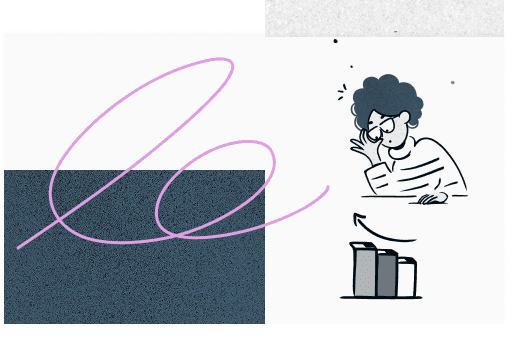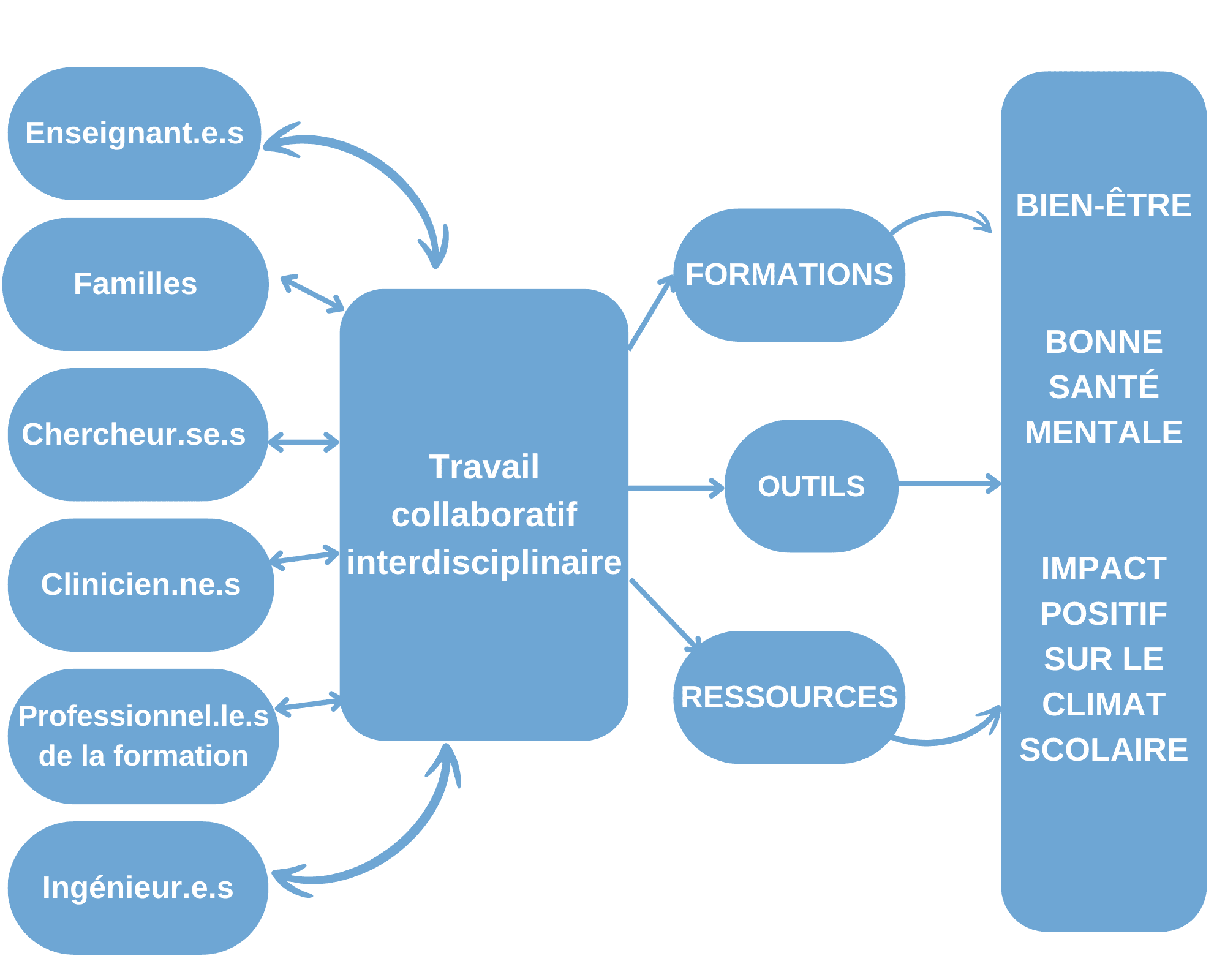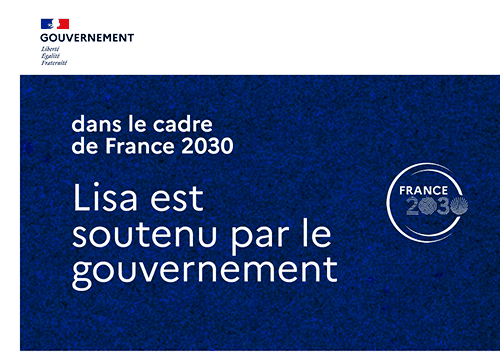Iamaresearcher
Led by an interdisciplinary, international team of teachers, researchers, clinicians, school administrators, families, and other world-class experts in child development and education, LISA takes a collaborative approach to better identify, understand, and act together for the benefit of students.


